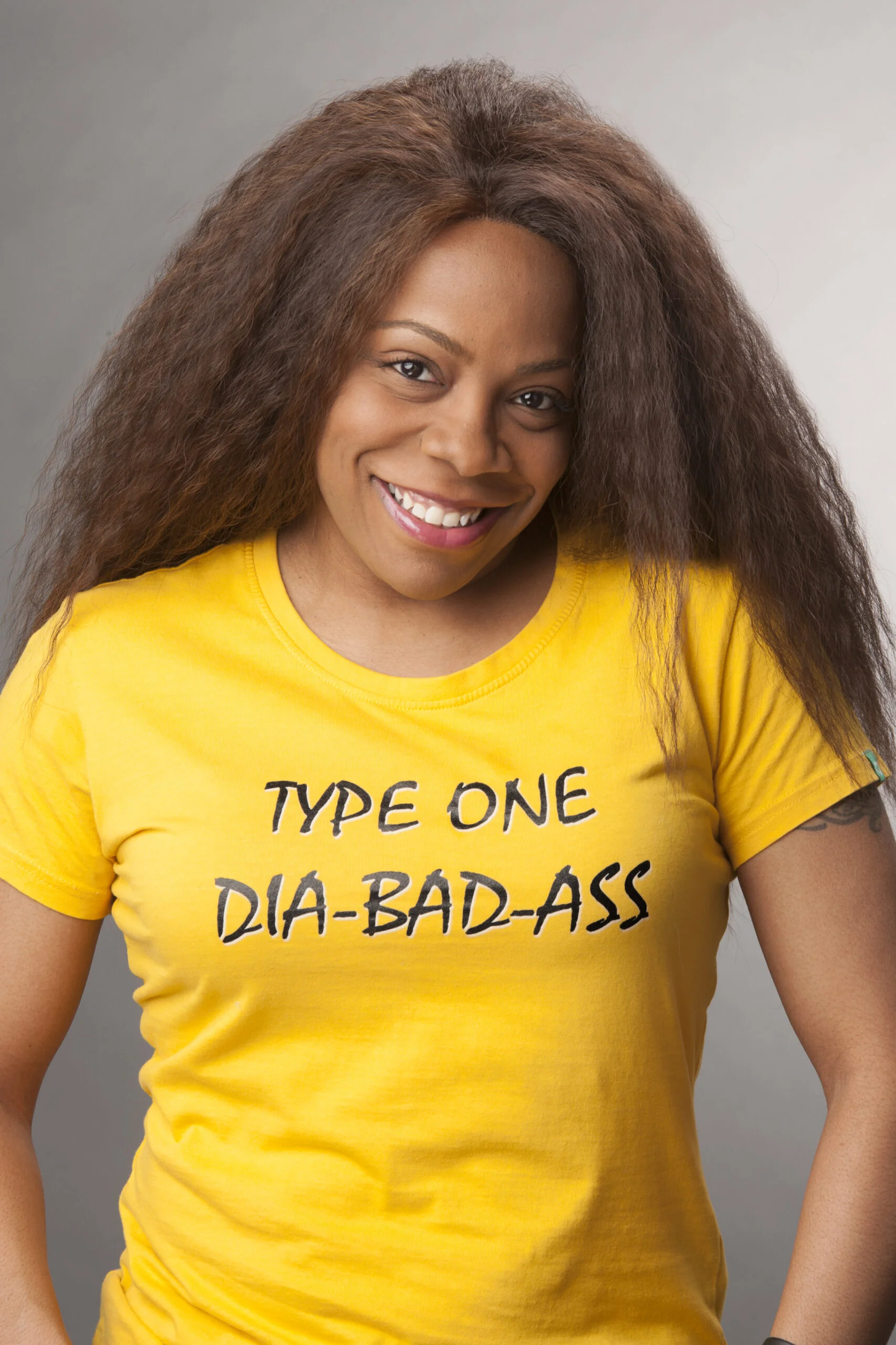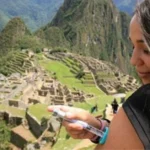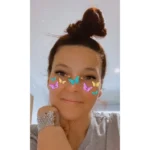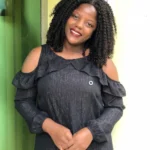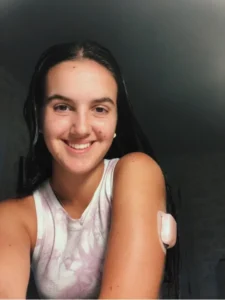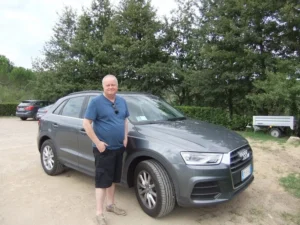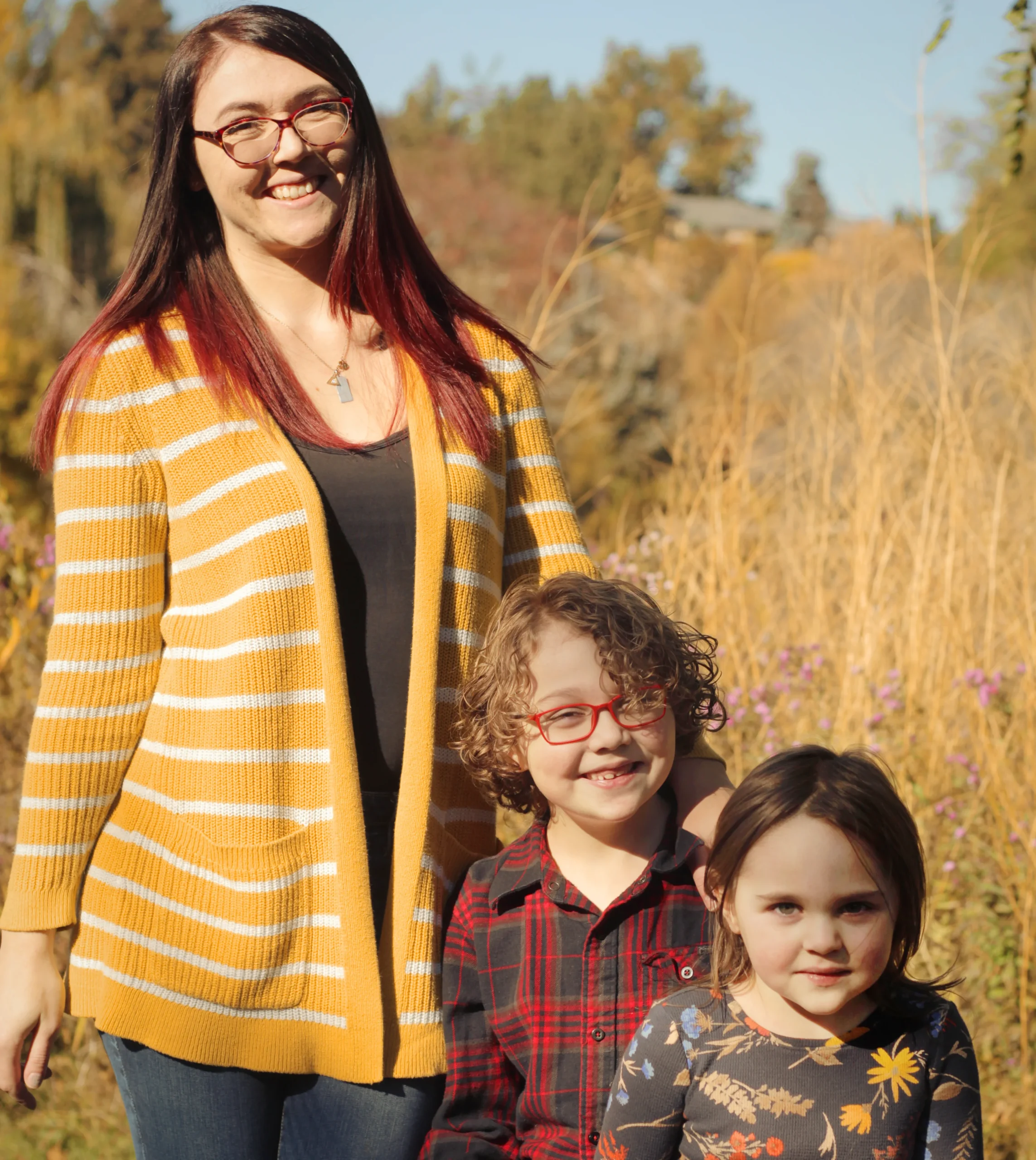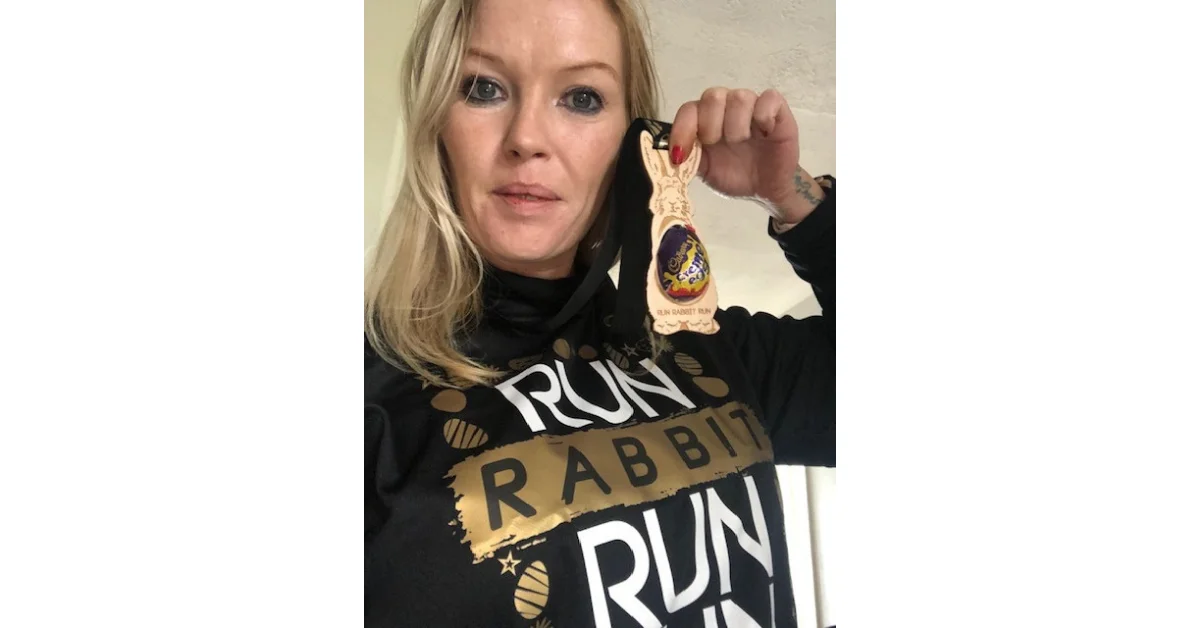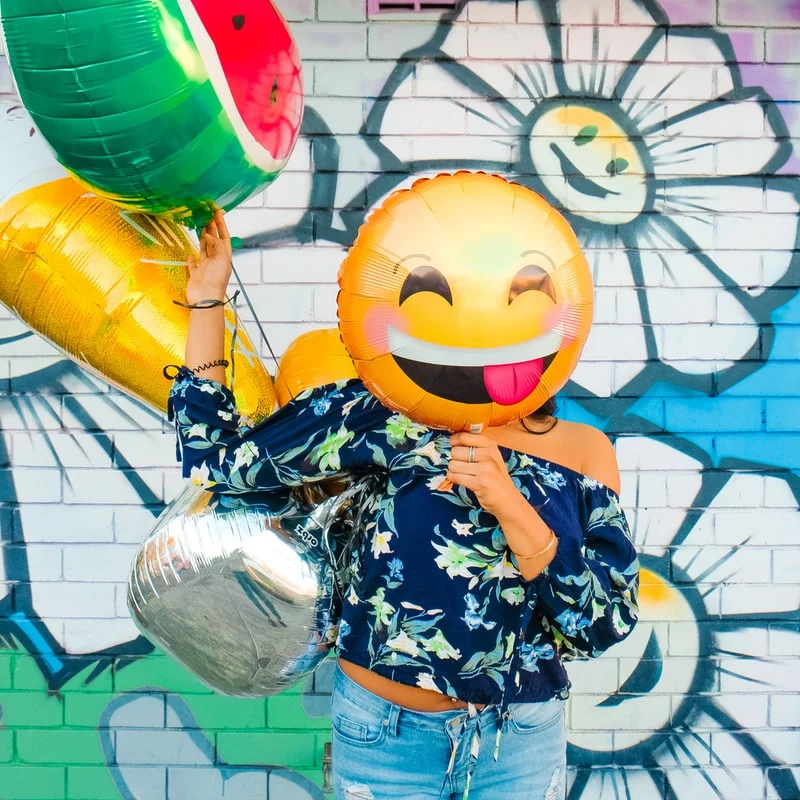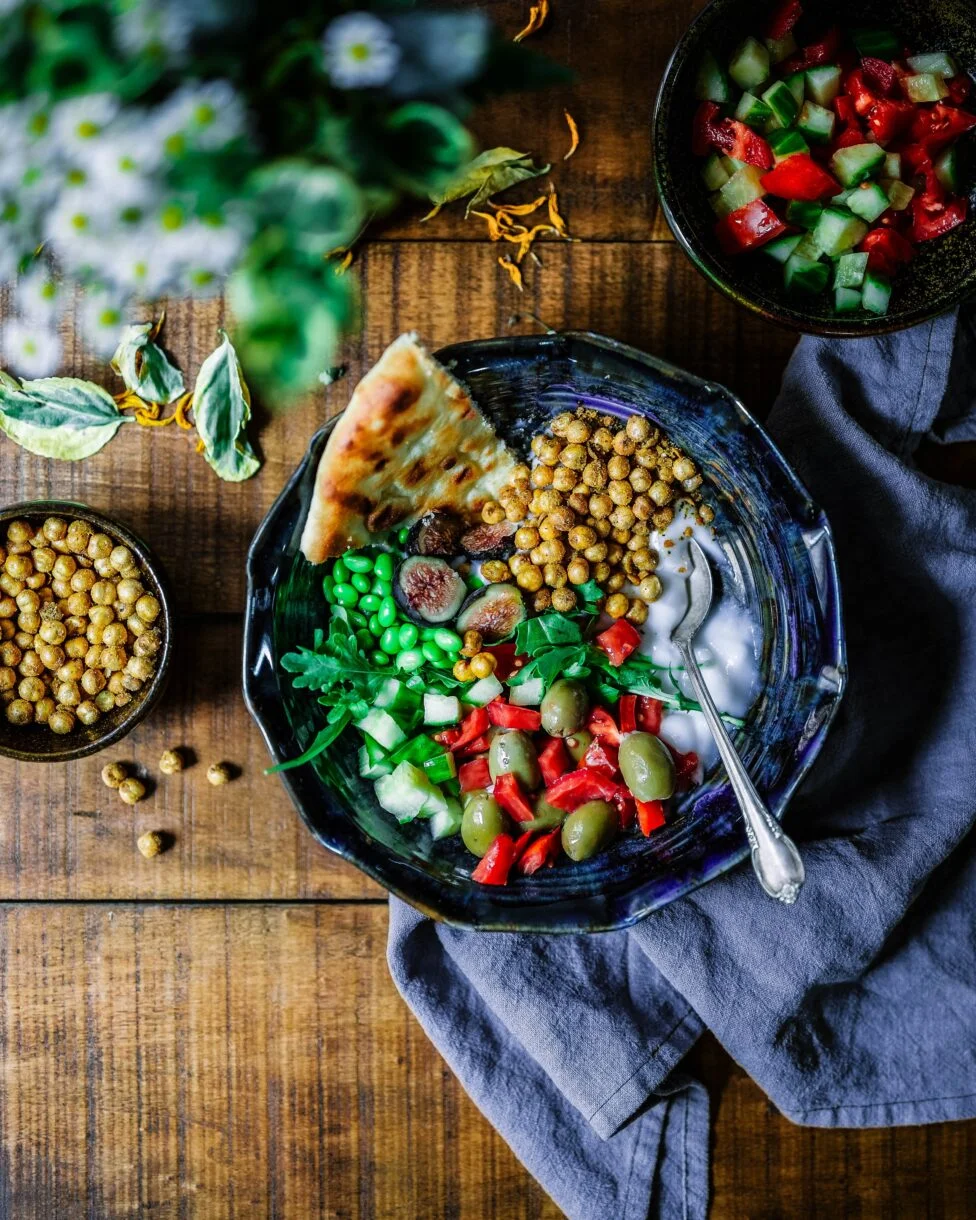After noticing that lack of proper information about life as a Type One Diabetic in the film/modeling/dancing world, Anita decided to show a different and more positive side of life with Type One Diabetes.
I have to be honest here; life with Type One Diabetes is different for every person who lives with this disease. So please note that I am writing from my own personal experience and background. As well as speaking for those who may feel voiceless.
Let me start with who I am. I am a Black Educated Woman who was diagnosed with Type One Diabetes when I was 17 years old. Now before I hear that phrase “Diabetes does not discriminate”, please remember that the rest of the world does!
My diagnosis story is probably similar to most. My doctor was not aware that I was a Type One Diabetic until I hit 17 years of age. When I was diagnosed, I was told that I should have been diagnosed at 13 years of age. Unfortunately, that did not happen and due to that late diagnosis, I suffered diabetic neuropathy in my legs and feet and lost the ability to walk (for almost a year); fought with thyroid complications, and many miscarriages. But let’s continue with my diagnosis story.
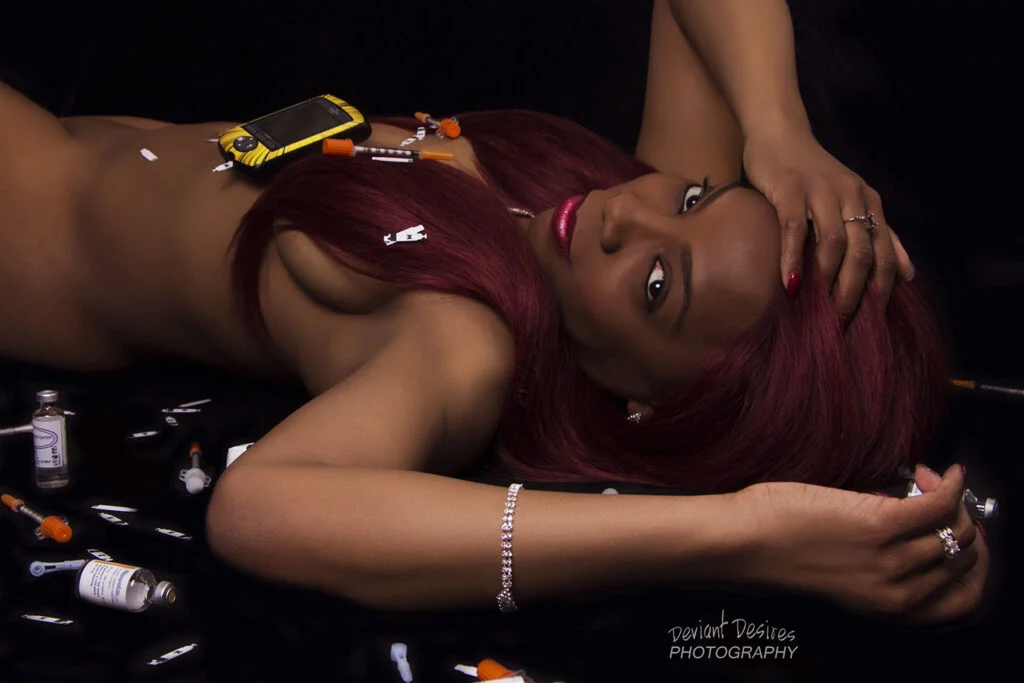
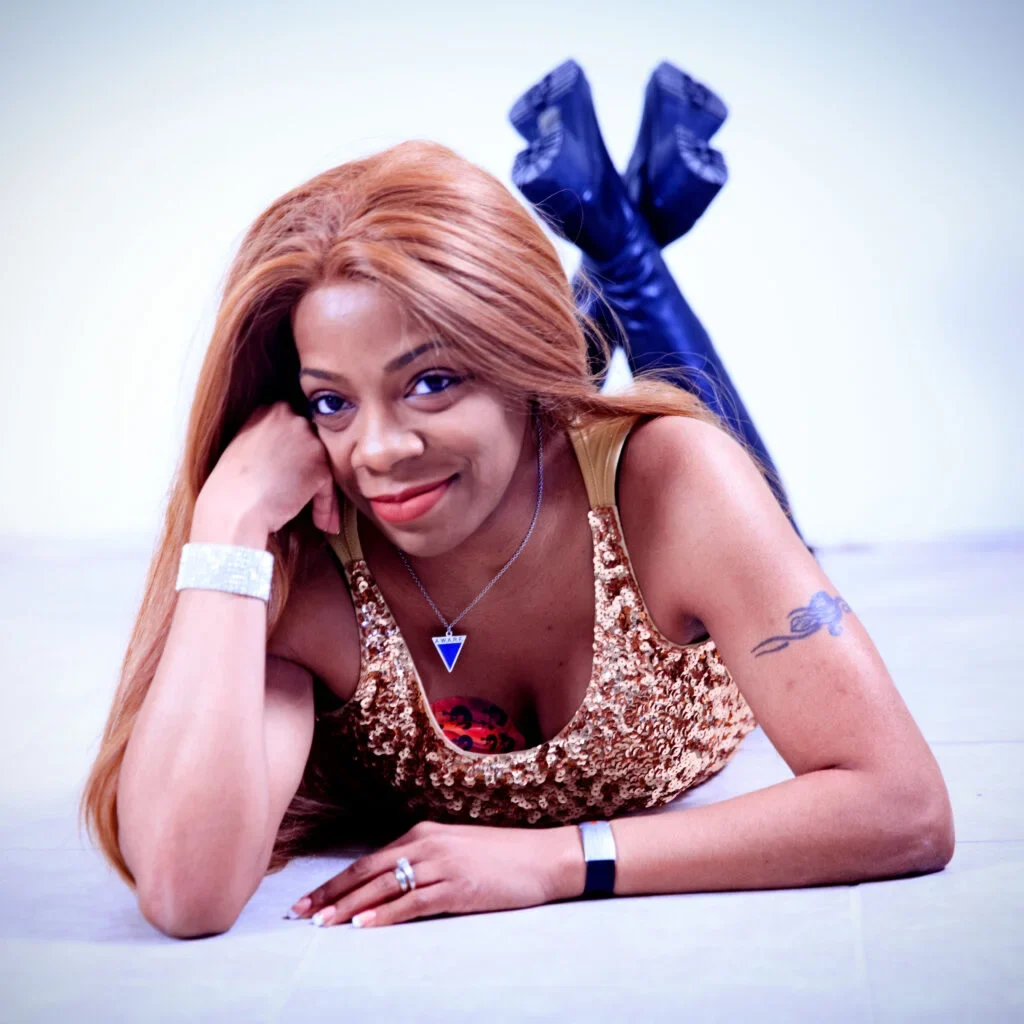
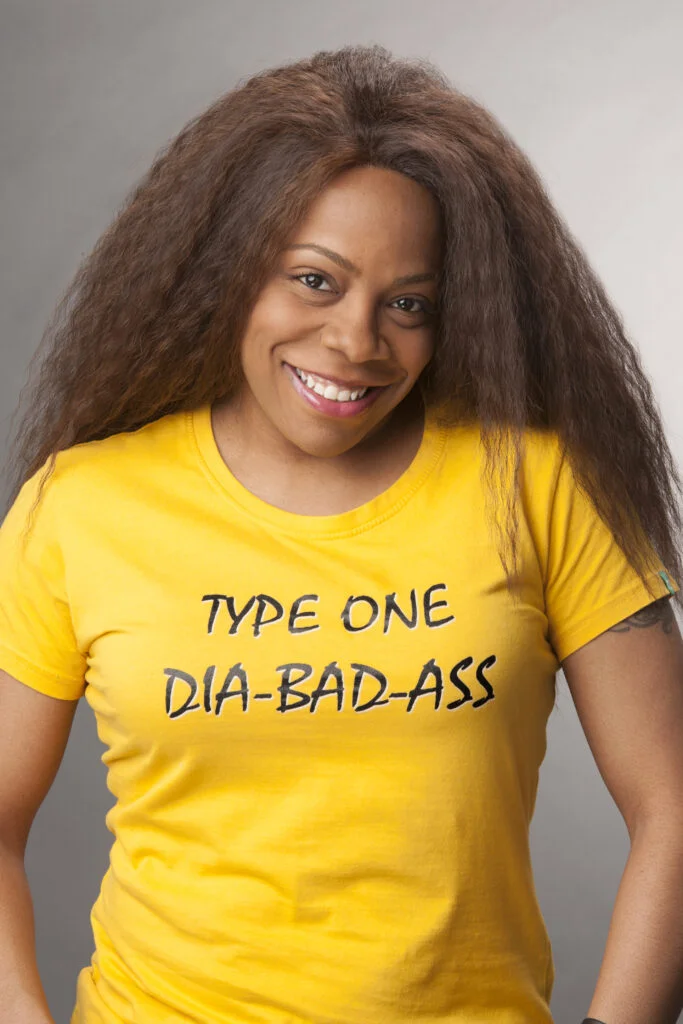
When I was diagnosed, my A1Cs were at 28 and my glucose levels were almost at 1,500! My doctors said they did not know how I was still conscience and still walking around feeling fine. They said I should have been in a coma or worse had I not gone in to get tested that day. And that is what brings me to where I am today. Knowing what could have happened to me but didn’t show me that I am meant to be here. That I have a purpose in this world. This is also where some may become annoyed with me.
Again, I must state that I am speaking from a Black woman’s perspective. And as a Black person, I must admit that I do not see myself represented in this disease. Take a second to understand the problem with that…. When commercials and even simple internet searches are done for this disease (or any disease) and you don’t see yourself represented; you don’t consider yourself at risk. So, when it came to figuring out and understanding what was wrong with me, Type One Diabetes was not considered even though I had almost every symptom (excluding amputation).
Getting back to my Type One Diabetes story, I had been seeing the same PCP (primary care provider) since I was 18 years old (I am 39 now). Together, we got my A1Cs from 28 down to almost 13. It took seventeen years to get my A1Cs that low. During that same span of time, I began to see my endocrinologist (I began seeing him at 21 years old) and not once was an insulin pump or CGM even suggested! Now my healthcare team is primarily minorities; except for my endocrinologist who is a white male. I remember that my OBGYN was the one who suggested an insulin pump because of the many miscarriages. She said it would possibly help prevent another. But it was already too late to save that pregnancy and when I mentioned an insulin pump to my PCP, she said we should speak with my endo about it. I will never forget him telling me that an insulin pump is for LAZY diabetics who do not wish to put in the work to control their diabetes! Thankfully, my PCP and OBGYN were the ones who had the power to push the insulin pump through and since my A1Cs have not gone above 7.0 in the past five years (was given my insulin pump on June 5th, 2015).
I am sure this may be difficult for many to understand but the medical world (the world in general) has not been kind to BIPOC. And as a Type One Diabetic, we all know how difficult it is dealing with this disease. So try to imagine being a BIPOC and being told about a disease that you are not represented in. How would you feel going to events that are for fellow Type One Diabetics and when you do those speaking (supposedly for you) do not favor you or any BIPOC? How would you expect to feel?
Yes, we are all battling with this disease, but as a Black woman, I don’t see other Black people and Black voices telling our side of the story. Showing me/showing us that we are fighting this disease; dealing with Type One Diabetes tech issues; struggling to obtain insulin or simply struggling to get a doctor to listen to us! When we don’t see ourselves, we don’t feel like we have a place; that we belong. Representation Matters is not having ONE BIPOC person. This is why we are speaking (and in many cases screaming) so loudly!
The world is so vast and for so long many of us have been ignored. Shown that our point of view doesn’t matter. That we do not matter. As a Black Type One Diabetic, I know I matter. My trials and experiences matter. They need to be told. Accepted and understood.
It is very true that all lives matter…. But how can we hold that to be true when the Black Lives are the ones not being seen and heard not just in the Type One Diabetic community but in life in general.

Anita Nicole Brown
Anita Nicole Brown is an aspiring actress who is working on changing the perspective of what it means to be a Type One Diabetic.

